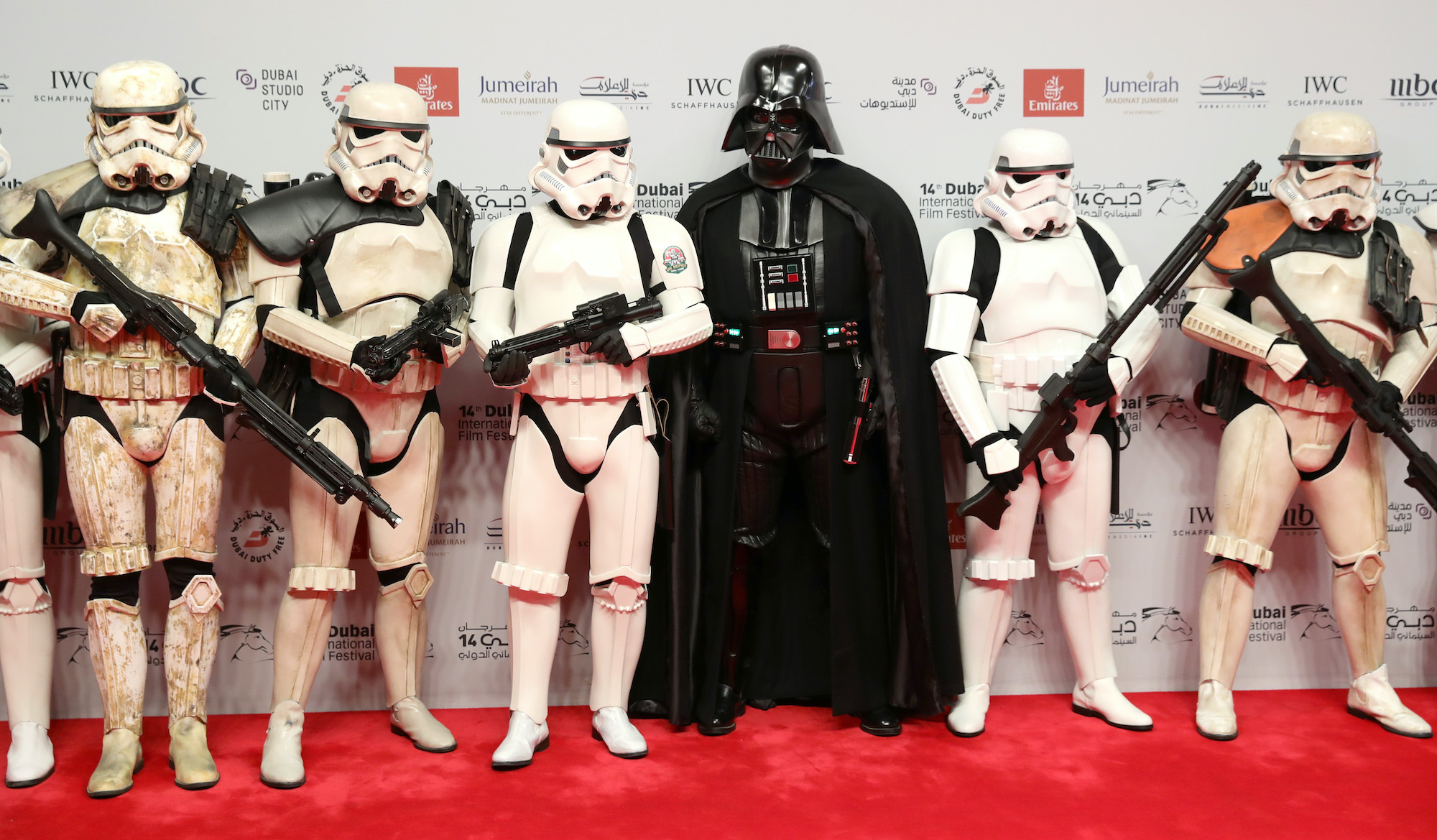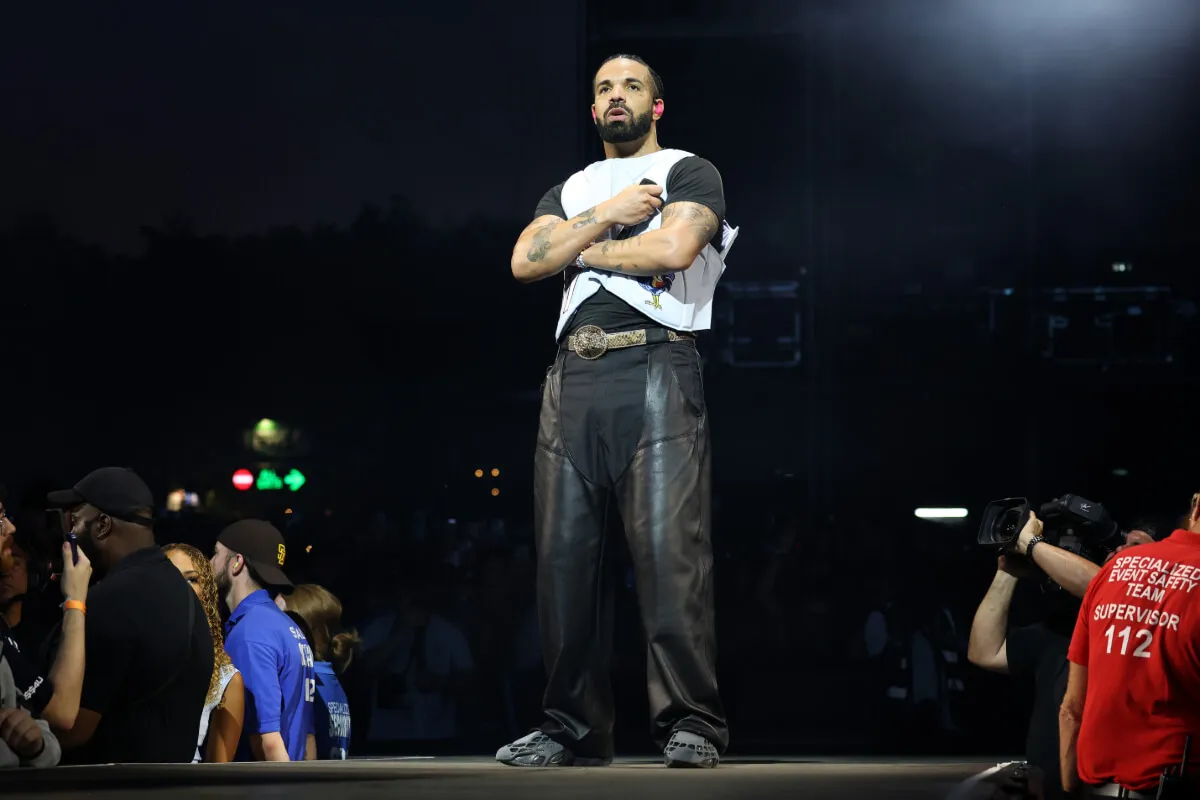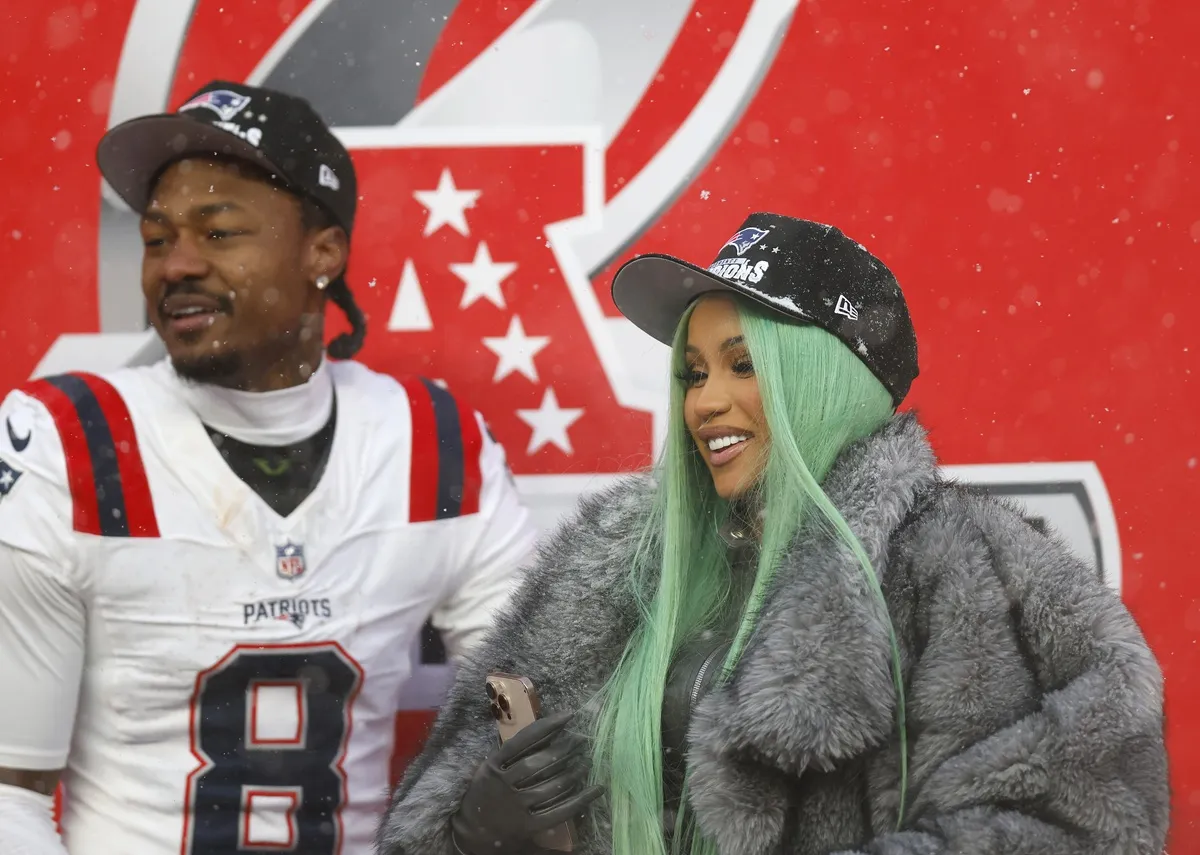A Surprising Actor Turned Down the Roles of Darth Vader and Obi-Wan Kenobi: ‘He Had a Lot of Samurai Pride’
In a parallel universe far, far away, we might have seen William Katt of Greatest American Hero fame playing Luke Skywalker or Orson Welles providing the voice of Darth Vader.
However, that parallel Star Wars universe might have had another legendary actor playing Vader or Obi-Wan Kenobi.
That actor would be Toshiro Mifune, best known for his many appearances in the films of legendary Japanese director Akira Kurosawa, who was a major influence not only on George Lucas, but on all of Hollywood as well. It was not to be with Mifune, however.
Who is Toshiro Mifune?

Mifune made 16 movies with Kurosawa, many of them being considered among the greatest of all movies. Those titles included The Seven Samurai, Yojimbo, Rashomon, Throne of Blood and Sanjuro.
He made only a few English language movies, usually with large, all star casts, such as 1968’s Grand Prix. George Lucas didn’t get to work with Mifune, but his friend Steven Spielberg did in the comedy 1941. American audiences who shy away from foreign language movies probably know Mifune best from the 1980 miniseries Shogun.
Even if audiences have never seen Mifune’s Japanese movies, they know the archetypes he started. The Seven Samurai was remade as The Magnificent Seven, in which the character Chico was the rough equivalent of the rough and tumble Loon played by Mifune. Yojimbo was remade as A Fistful of Dollars, with Clint Eastwood Americanizing the lead role in an Italian western.
Sadly, Mifune and Kurosawa had a falling out after making the 1965 movie Red Beard, but their collaboration endures — so much so that, according to The Hollywood Reporter, a TV series based on Rashomon has been announced by HBO Max. That’s the film about multiple characters providing different accounts of the same event. The series is being made in cooperation with Kurosawa’s family.
Why did Mifune turn down ‘Star Wars?
Back in 2015, as detailed in The Hollywood Reporter, Lucas had pursued Mifune for a prominent part in Star Wars because Lucas had been such an admirer.
However, “I heard from my father that he was offered the role of Obi-Wan Kenobi, but he was concerned about how the film would look and that it would cheapen the image of samurai, on which George Lucas had based a lot of the character and fighting style,” said his daughter Mika Mifune. “At the time, sci-fi movies still looked quite cheap as the effects were not advanced and he had a lot of samurai pride.”
Since Mifune had been concerned about the look, he was offered the role of Vader, whose face would be covered, but ultimately he turned down that part too.
The role of Darth Vader went to two people: David Prowse, who walked around on the set, and James Earl Jones, who provided the resonant voice. Alec Guinness, who had made his name in movies such as The Bridge on the River Kwai, took on the role of Obi-Wan.
Apple co-founder Steve Wozniak was at that event, and he remarked that Mifune might have gotten the part had Star Wars come along much later. “If it was today, it could have solved all his worries with special effects and technology,” he said.
Japanese movies heavily influenced ‘Star Wars’
Although Mifune ultimately passed on Star Wars, the influence of the movies he made with Kurosawa is still all over the 1977 film. For one thing, Darth Vader’s helmet is very much based on samurai designs. But the movie that most directly influenced Star Wars is the 1958 film, The Hidden Fortress.
That movie is told from the point of view of lowly characters who bicker with each other, and that became the model for R2-D2 and C-3PO. The use of wipes between scenes was also taken from that film.
Mifune died in 1997 and would have been 100 this year. Although Lucas missed his chance to work with Mifune, he and Spielberg honored Kurosawa with an honorary Oscar in 1990 for “cinematic accomplishments that have inspired, delighted, enriched and entertained worldwide audiences and influenced filmmakers throughout the world.”
That would have to do.


